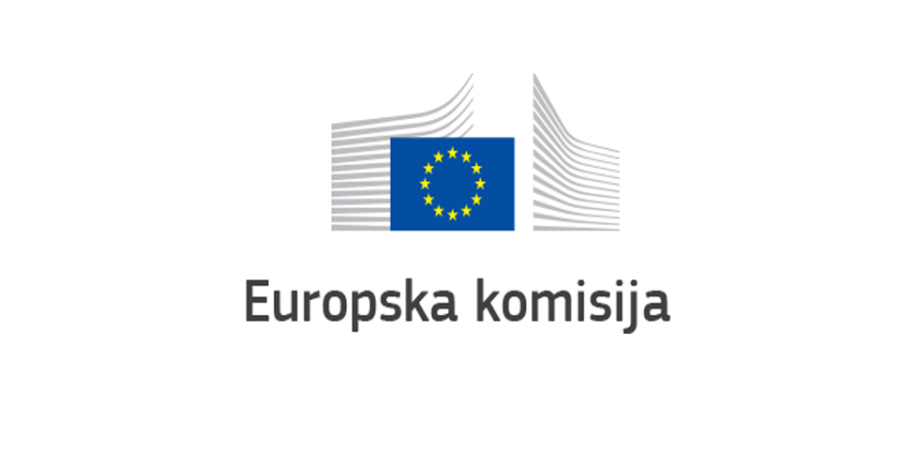On 24 July 2024, the European Commission published its fifth annual Rule of Law Report. This is an important mechanism highlighting significant trends in the rule of law across all European Union Member States. Through it, the Commission also issues recommendations to Member States and assesses the implementation of those made in the previous year.
This year, the Commission addressed a total of four recommendations to the Republic of Croatia, one of which is “to further improve the implementation of the recommendations and respond more systematically to the Ombudswoman’s requests for information.”
This marks the third consecutive year that the Commission has highlighted this issue in its recommendations to Croatia. Although each year the Commission notes “some progress,” further steps in this direction remain necessary.
By issuing this recommendation to the Republic of Croatia for the third time, the European Commission acknowledges the role of the independent institution of the Ombudswoman and provides strong support to its efforts in strengthening the rule of law in Croatia.
Unfortunately, the Ombudswoman still faces obstacles in accessing information, both those requested in writing and those to which she is entitled during unannounced visits. This hampers the Ombudswoman’s ability to act in individual cases, as well as to report to the Croatian Parliament and the public on the state of human rights and the rule of law in Croatia. This negatively affects both the protection of human rights and the rule of law in the country. At the same time, the level of implementation of the recommendations from the Ombudswoman’s annual reports remains insufficient. These recommendations stem from the analysis of the situation in specific areas and indicate necessary changes. However, such changes can only occur if the Ombudswoman’s recommendations are taken seriously and implemented, which, according to the Commission, is currently not the case.
In assessing the other six recommendations from the previous year, the Commission noted that Croatia had made significant progress in:
- continuing structural efforts regarding the salaries of judges, state attorneys, and court staff, taking into account European standards on resources and remuneration for the judiciary;
- adopting comprehensive legislation in the area of lobbying, including in relation to persons in the highest executive positions, and in establishing a public register of lobbyists.
The Commission noted some progress by Croatia in:
- increasing the effectiveness of investigations and prosecution of corruption-related offences, although not in revising the Criminal Procedure Act and the Act on the Office for the Suppression of Corruption and Organised Crime as foreseen in the Anti-Corruption Strategy;
- implementing the recommendation to take further steps in addressing the issue of strategic lawsuits against public participation (SLAPPs) targeting journalists, including by revising defamation provisions and promoting broader application of procedural rules allowing for the dismissal of unfounded lawsuits, taking into account European standards on the protection of journalists.
Finally, the Commission sees no progress in strengthening the framework for the fair and transparent allocation of state advertising funds by establishing clear criteria, good practices, and oversight measures to ensure the effective functioning of public procurement procedures for local and regional media.
Based on these assessments and other activities and developments, and recalling the relevant commitments undertaken by Croatia in its National Recovery and Resilience Plan, the European Commission in its latest Rule of Law Report recommends that Croatia:
- revise the Criminal Procedure Act and the Act on the Office for the Suppression of Corruption and Organised Crime, in line with the Anti-Corruption Strategy, to further improve the effectiveness of investigations and prosecution of corruption cases;
- further strengthen the legal framework and oversight mechanisms to ensure the fair and transparent allocation of state advertising funds at the regional and local level, including through public procurement procedures;
- continue to address the issue of strategic lawsuits against public participation targeting journalists, including by revising defamation provisions and promoting broader application of procedural rules allowing the dismissal of unfounded lawsuits, taking into account European standards on the protection of journalists;
- further improve the implementation of recommendations and respond more systematically to the Ombudswoman’s requests for information.
You can read the section of the European Commission’s 2024 Rule of Law Report concerning Croatia [here] (in Croatian), and the full Report [here] (in English).





